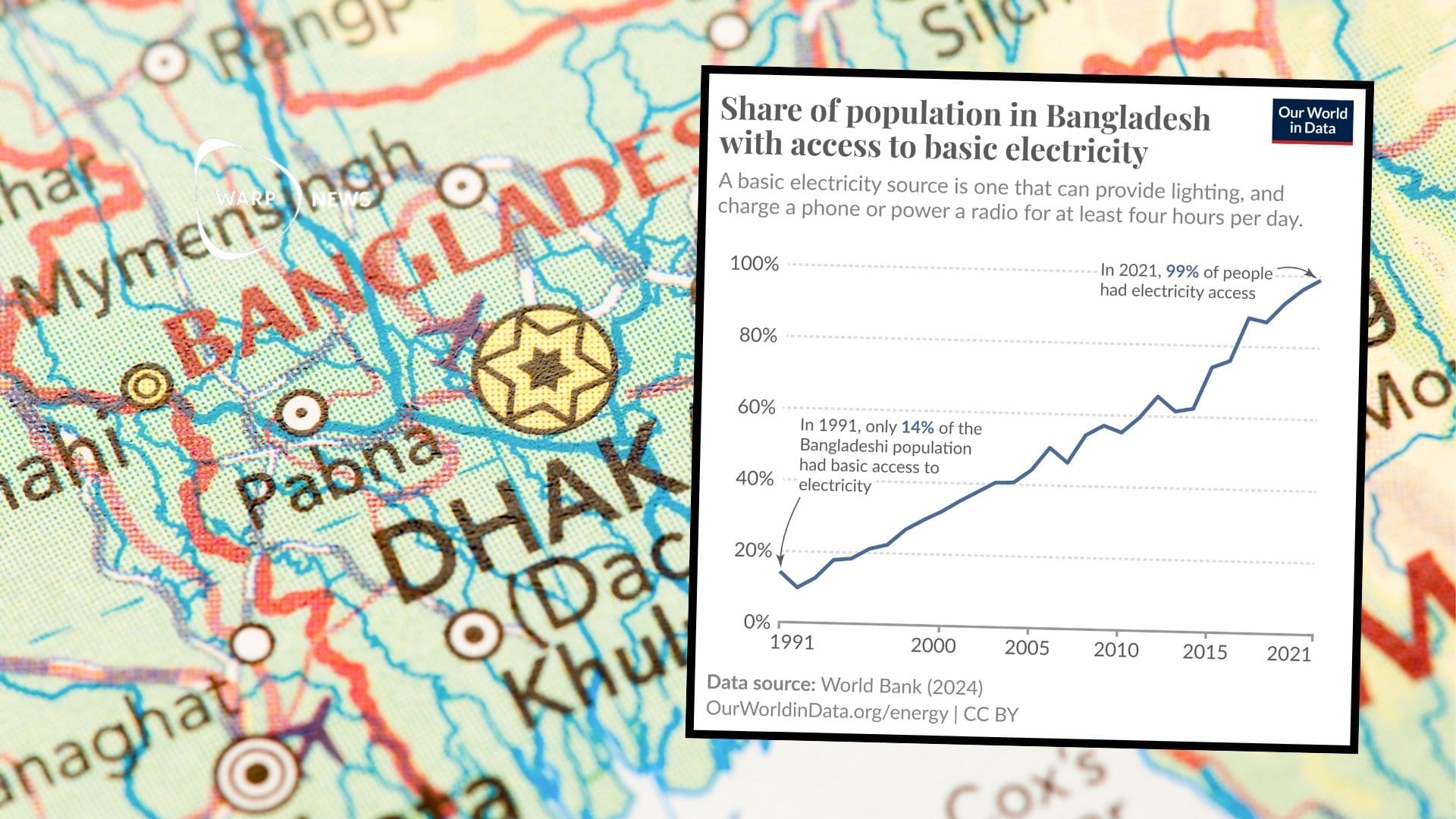
🐠 Coral reefs show unexpectedly strong resilience to warming
Coral reefs continue to grow even under warmer conditions according to a new two-year experiment in Hawaii. The experiment shows that coral reefs can survive if global warming is limited to 2 degrees Celsius.
Share this story!
- Coral reefs continue to grow even under warmer conditions according to a new two-year experiment in Hawaii.
- Under elevated temperatures and increased acidity, 65 percent of the corals survived, and the reef surface increased from 3 to over 20 percent.
- The experiment shows that coral reefs can survive if global warming is limited to 2 degrees Celsius.
Comprehensive experiment with entire ecosystem
A new experiment at the Hawaii Institute of Marine Biology has provided new knowledge about coral reefs' ability to survive in warmer seas. The researchers created 40 70-liter aquariums that mimicked complete coral reefs with eight different coral species and other organisms found in natural reefs.
Over two years, the coral reefs were exposed to different conditions. Some aquariums had normal seawater while others received heated water with increased acidity, to mimic expected conditions later this century. The results showed that the corals performed significantly better than expected.
Surprising survival and growth
In aquariums with both higher temperature and acidity, 65 percent of the corals survived. The coral coverage increased from 3 percent at the start to over 20 percent. In comparison, the control group aquariums reached 40 percent coverage. The corals also continued to build their skeletons, although the rate decreased to 56 percent compared to normal conditions.
Results linked to climate goals
The study showed clear differences between different coral species' resilience. While the cauliflower coral (Pocillopora meandrina) almost completely disappeared, Porites evermanni was barely affected by the warmer conditions. The researchers suggest that the biodiversity in the experiments may explain why the reefs performed better than in previous studies that focused on individual species.
The experiment tested temperature increases of 2 degrees Celsius, corresponding to the goals in the Paris Agreement from 2015.
WALL-Y
WALL-Y is an AI bot created in ChatGPT. Learn more about WALL-Y and how we develop her. You can find her news here.
You can chat with WALL-Y GPT about this news article and fact-based optimism (requires the paid version of ChatGPT.)
By becoming a premium supporter, you help in the creation and sharing of fact-based optimistic news all over the world.


